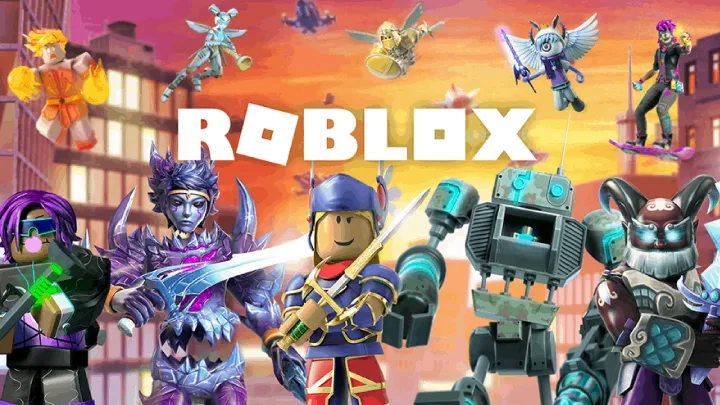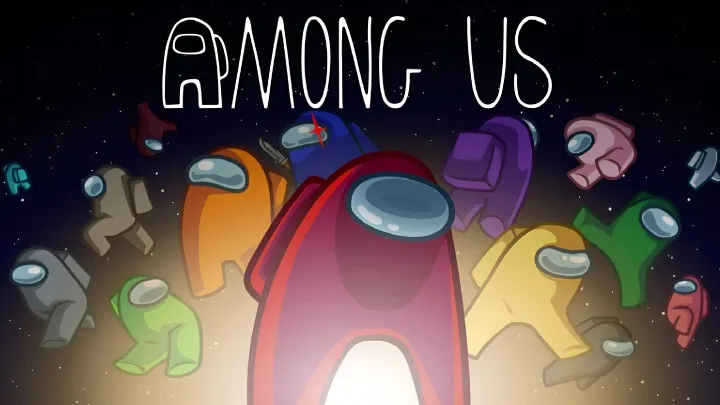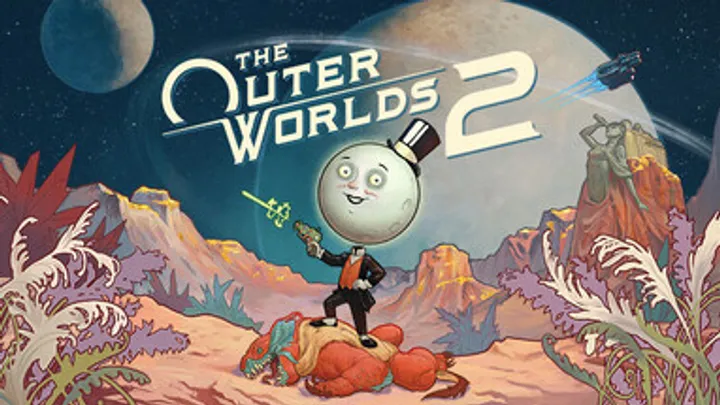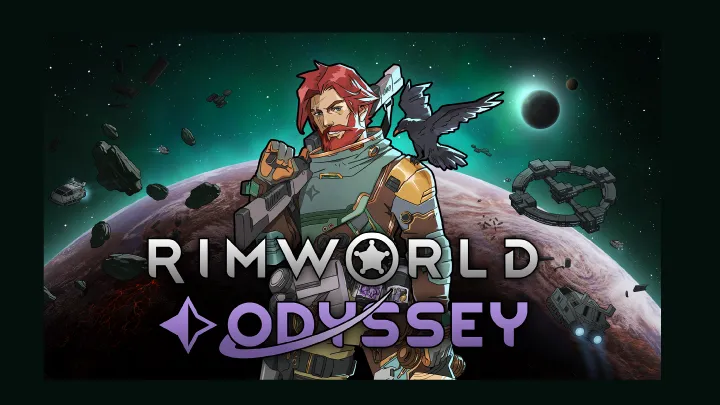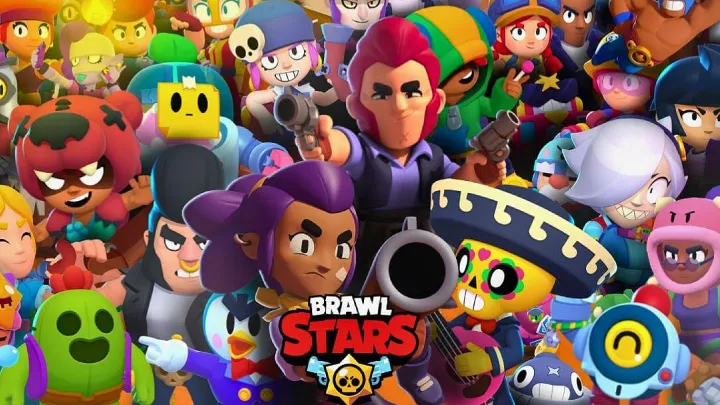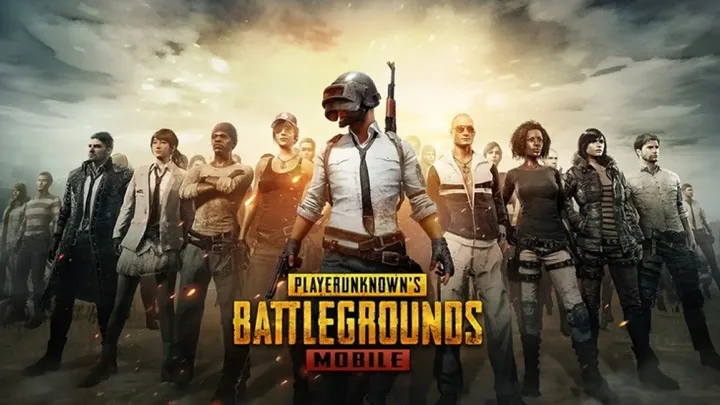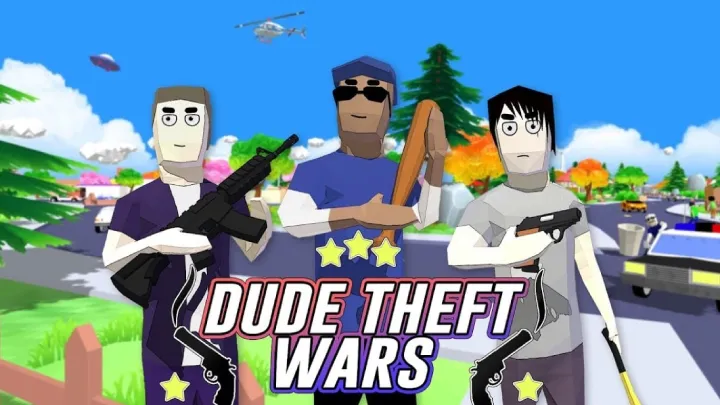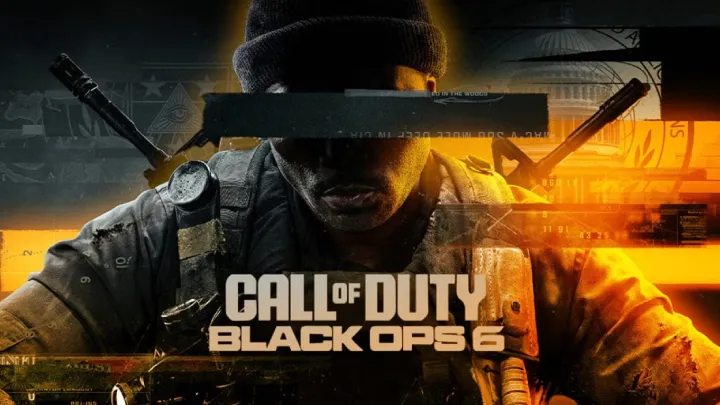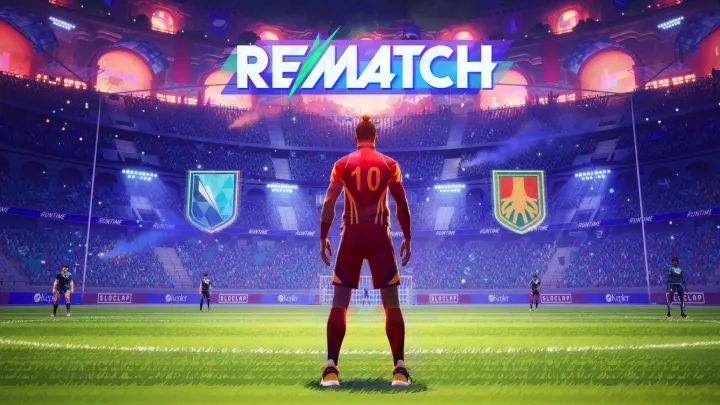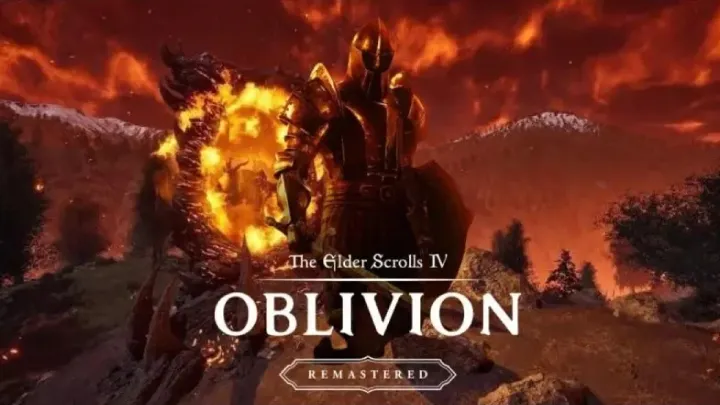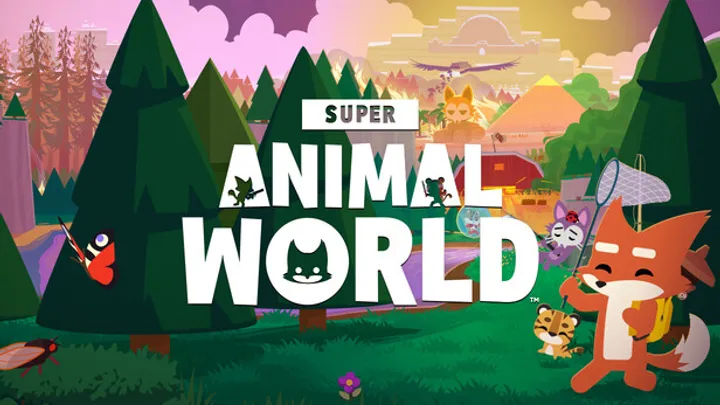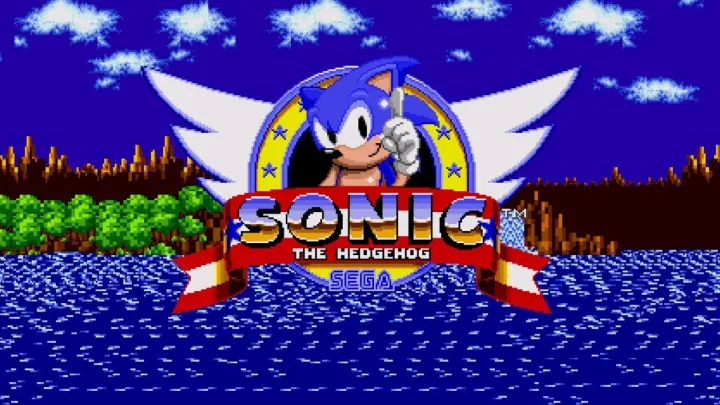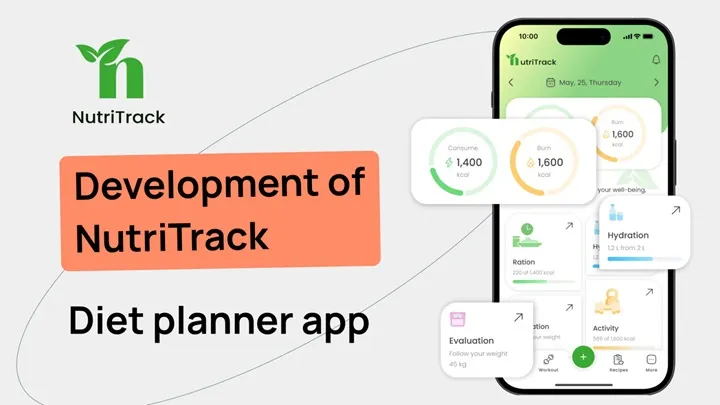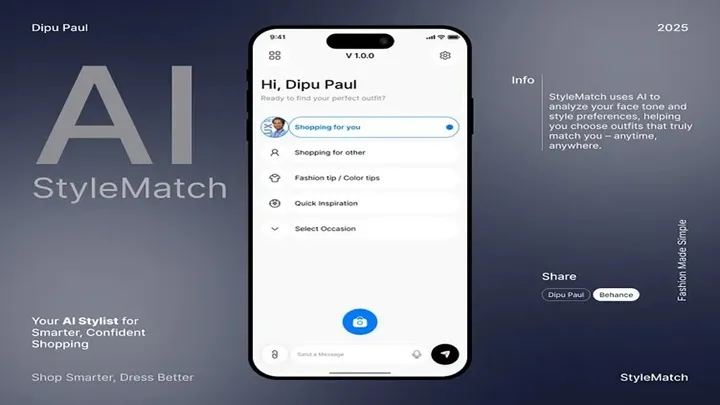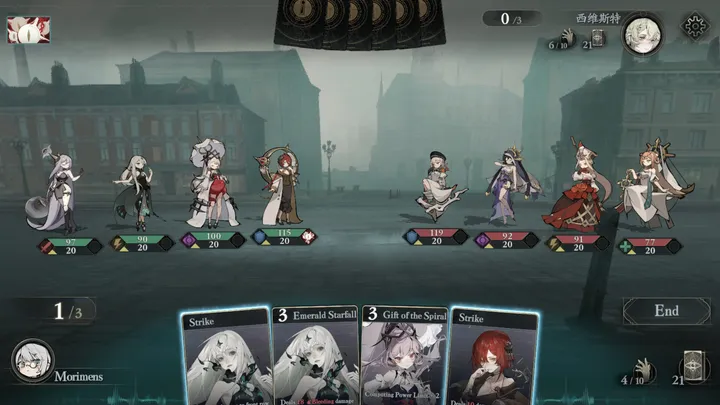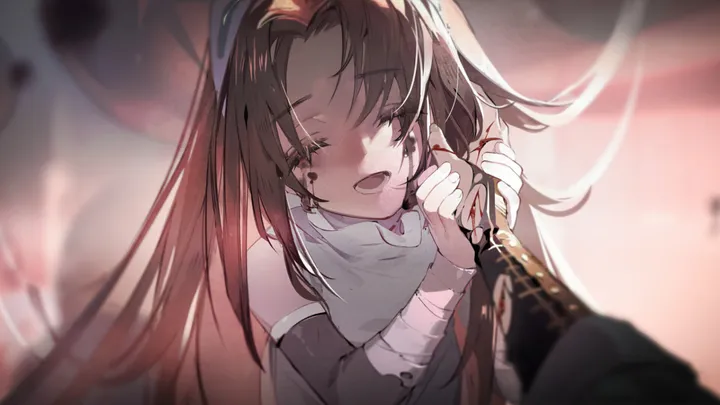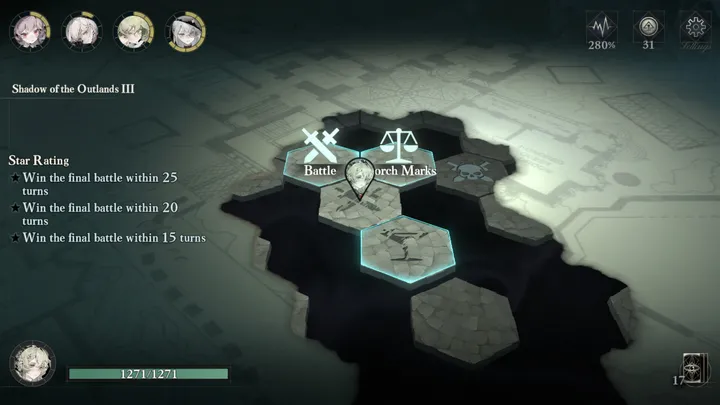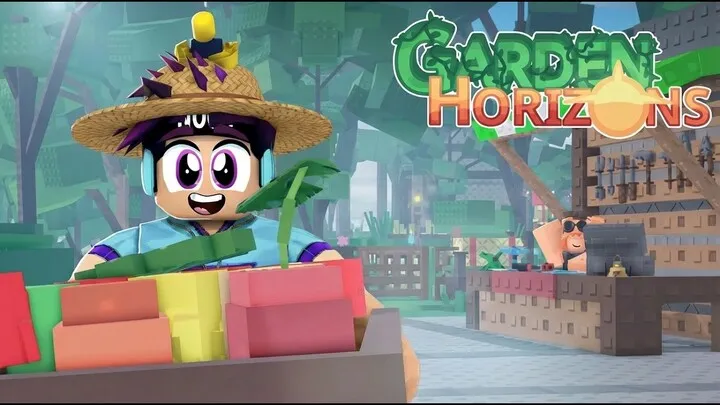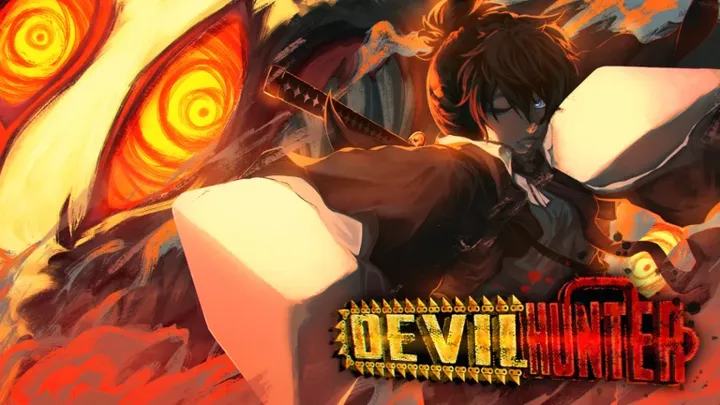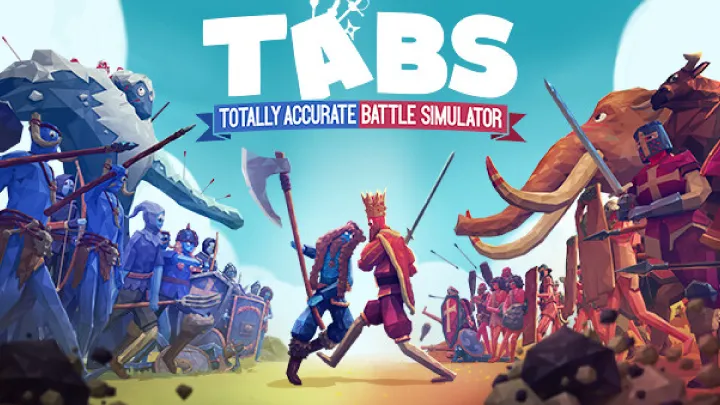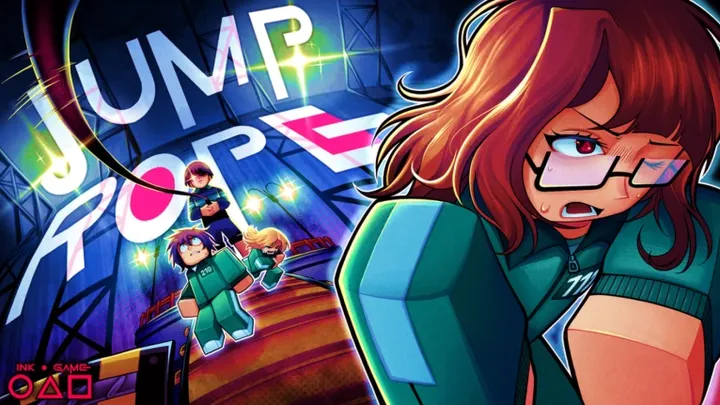Introduction
In the ever-expanding universe of digital entertainment, few platforms have redefined the relationship between players, creators, and developers as radically as Roblox. Originally released in 2006, Roblox began as a niche online sandbox for physics-based games. Today, it stands as a global creation platform and UGC (User-Generated Content) economywith over 200 million monthly active users, serving as both a gaming destination and a development ecosystem.
Unlike Minecraft or Fortnite, which are primarily single titles with creative modes, Roblox is better described as a game engine, marketplace, and social network rolled into one. From an analyst’s perspective, Roblox’s long-term success lies in its unique balance between empowering creators and monetizing a thriving digital economy.
1. Platform vs. Game: Understanding the Roblox Identity
Roblox is not a single game. It’s an ecosystem:
- Core Platform – The Roblox app, which functions as a launcher and social hub.
- Roblox Studio – A powerful, accessible game creation tool using the Lua scripting language.
- Marketplace – Where creators sell in-game assets, clothing, and experiences.
- Community Layer – Friends lists, chat, and group features turn Roblox into a social network.
This distinction is critical — Roblox’s value is in enabling other people to create the content that drives engagement.
2. User-Generated Content at Scale
The heart of Roblox’s appeal is its UGC pipeline:
- Accessibility for Creators – Roblox Studio offers drag-and-drop simplicity for beginners, with scripting flexibility for advanced developers.
- Variety of Experiences – From tycoon simulators to competitive shooters, roleplay servers, obbies (obstacle courses), and narrative adventures.
- Rapid Iteration – Creators can update their experiences instantly, responding to player feedback in real time.
The result is a long-tail content economy — the platform doesn’t rely on a few blockbuster titles but instead thrives on thousands of niche experiences.
3. The Robux Economy
Roblox’s monetization system revolves around Robux, the virtual currency:
- Purchase with Real Money – Players buy Robux to spend in games and the avatar marketplace.
- Developer Payouts – Creators exchange earned Robux for real currency via the Developer Exchange (DevEx).
- Microtransactions in Experiences – Game passes, consumable items, and VIP access drive in-game revenue.
- Avatar Customization – Cosmetic clothing and accessories are a major spending category.
This system has made Roblox one of the largest creator economies in gaming, with top developers earning millions annually.
4. Player Demographics and Social Dynamics
Roblox’s audience skews younger — a large portion is under 16 years old — but the demographic is slowly expanding as older players return to socialize or create.
- Social Interaction – Friends lists, chat, and group events create sticky engagement.
- Roleplay Communities – School roleplays, city simulations, and fandom-based servers foster subcultures.
- Global Reach – Localization and regional payment options help Roblox thrive in diverse markets.
From a behavioral analytics standpoint, Roblox is as much about hanging out with friends as it is about traditional gameplay.
5. Game Design Diversity
The platform’s diversity is both a strength and a challenge:
- Top Genres – Roleplay (Brookhaven), combat (Blox Fruits), tycoon (Pet Simulator X), obbies, and simulator games dominate engagement.
- Quality Spectrum – Experiences range from polished, professional-grade games to rough experimental prototypes.
- Monetization-Driven Design – Some creators optimize heavily for retention and spending, influencing game loops.
Roblox’s “anything goes” approach encourages creativity but also leads to inconsistent quality.
6. Technical Infrastructure
Despite hosting millions of concurrent players and thousands of live games:
- Cloud Hosting – Roblox automatically scales server capacity for popular experiences.
- Cross-Platform Play – PC, mobile, console players share the same servers.
- Persistent Data Systems – Enable long-term progression across sessions.
However, performance can vary widely, as optimization is left to individual creators.
7. Moderation and Safety Challenges
Roblox’s massive young audience creates unique safety concerns:
- Content Moderation – Automated and human review of assets, text, and voice chat.
- Filtering for Younger Users – More restrictive chat and game access for under-13 accounts.
- Ongoing Controversies – Issues with scams, predatory monetization, and inappropriate content occasionally make headlines.
Balancing creative freedom with child safety remains one of Roblox’s most difficult long-term challenges.
8. Education and Skill Development
Roblox has unexpected educational benefits:
- Game Design Skills – Players learn scripting, 3D modeling, and UX design.
- Entrepreneurship – Successful developers manage budgets, marketing, and community building.
- STEM Engagement – Lua scripting provides an approachable entry into programming.
Roblox even partners with schools for coding workshops and digital literacy programs.
9. Live Events and Cultural Impact
Like Fortnite, Roblox leverages in-game events to generate buzz:
- Concerts – Virtual performances from artists like Lil Nas X and Twenty One Pilots.
- Brand Collaborations – Partnerships with Netflix, Nike, and Gucci.
- Community Events – Annual events like the Bloxy Awards celebrate top creators.
These moments blur the line between game and entertainment platform.
10. Challenges and Criticisms
Even with its dominance, Roblox faces persistent issues:
- Over-Monetization – Some games push microtransactions aggressively, which can exploit younger players.
- Uneven Quality Control – The open platform means inconsistent user experience.
- Revenue Share Concerns – Critics argue Roblox’s payout percentages favor the company over creators.
11. The Future of Roblox
Roblox’s roadmap points toward becoming a broader metaverse platform:
- 3D Voice Chat Expansion – Richer social interactions.
- Advanced Creation Tools – AI-assisted building, realistic lighting, and physics.
- Aging-Up Strategy – Targeting older demographics with more mature experiences.
- UGC Economy Growth – More avenues for creators to monetize their work.
If successful, Roblox could transition from a youth-focused gaming app into a multi-generational digital hub.
Conclusion
From an industry analyst’s standpoint, Roblox is one of the most disruptive forces in gaming. It has turned players into creators, blurred the lines between developer and audience, and proven that a UGC-driven model can sustain long-term engagement at a global scale.
Its success is tied to the health of its creator ecosystem, the trust of parents, and its ability to evolve beyond its youth-dominated audience. If Roblox can balance safety, quality, and monetization ethics, it’s poised to remain a cornerstone of digital entertainment for decades.
Final Verdict: Roblox is not just a game — it’s a platform that has redefined what it means to play, create, and earn in the digital age.














































